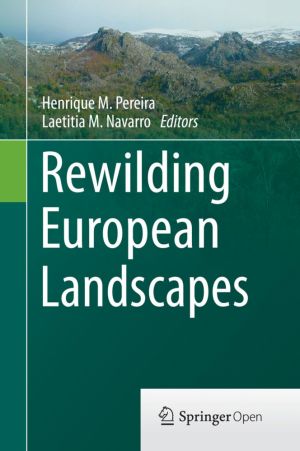
Some European lands have been progressively alleviated of human pressures, particularly traditional agriculture in remote areas. This book proposes that this land abandonment can be seen as an opportunity to restore natural ecosystems via rewilding. We define rewilding as the passive management of ecological successions having in mind the long-term...
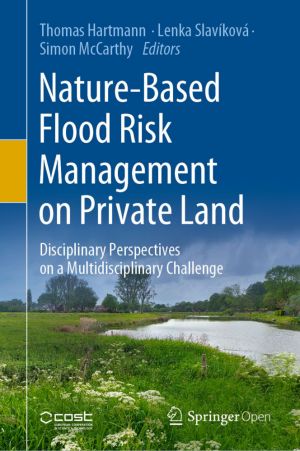
This book addresses the various disciplinary aspects of nature-based solutions in flood risk management on private land. In recent decades, water management has been moving towards nature-based solutions. These are assumed to be much more multi-purpose than traditional "grey infrastructures" and seem to be regarded as a panacea for many e...
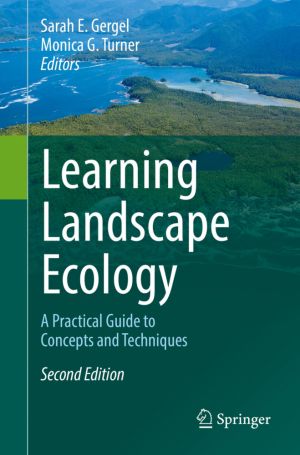
This title meets a great demand for training in spatial analysis tools accessible to a wide audience. Landscape ecology continues to grow as an exciting discipline with much to offer for solving pressing and emerging problems in environmental science. Much of the strength of landscape ecology lies in its ability to address challenges over large are...

Creating landscapes of investigation is a primary concern of critical mathematics education. It enables us to organise educational processes so that students and teachers are able to get involved in explorations guided by dialogical interactions. It attempts to address explicit or implicit forms of social injustice by means of mathematics, and also...
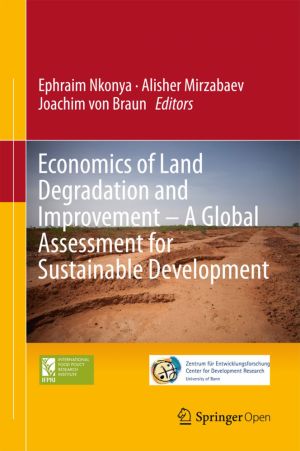
This volume deals with land degradation, which is occurring in almost all terrestrial biomes and agro-ecologies, in both low and high income countries and is stretching to about 30% of the total global land area. About three billion people reside in these degraded lands. However, the impact of land degradation is especially severe on livelihoods of...
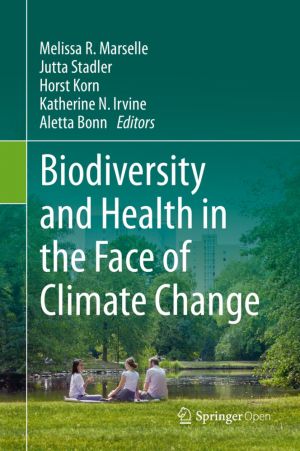
This book identifies and discusses biodiversity's contribution to physical, mental and spiritual health and wellbeing. Furthermore, the book identifies the implications of this relationship for nature conservation, public health, landscape architecture and urban planning – and considers the opportunities of nature-based solutions for climate...
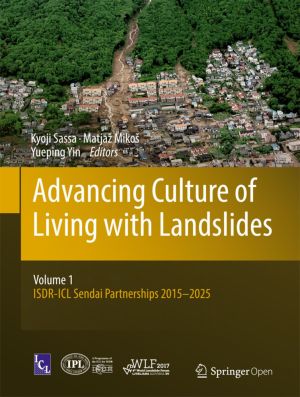
This volume contains peer-reviewed papers from the Fourth World Landslide Forum organized by the International Consortium on Landslides (ICL), the Global Promotion Committee of the International Programme on Landslides (IPL), University of Ljubljana (UL) and Geological Survey of Slovenia in Ljubljana, Slovenia from May 29 to June 2, 2017. The compl...
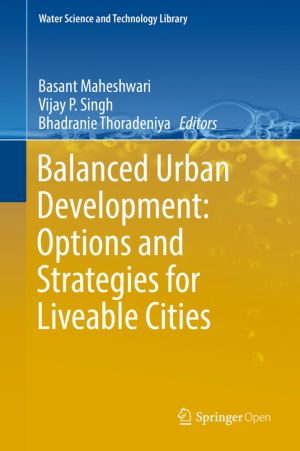
This book provides a unique synthesis of concepts and tools to examine natural resource, socio-economic, legal, policy and institutional issues that are important for managing urban growth into the future. The book will particularly help the reader to understand the current issues and challenges and develop strategies and practices to cope with fut...

This book provides a comprehensive examination of the European Landing Obligation policy from many relevant perspectives. It includes evaluations of its impacts at economical, socio-cultural, ecological and institutional levels. It also discusses the feasibility and benefits of several potential mitigation strategies. The book was timely published,...
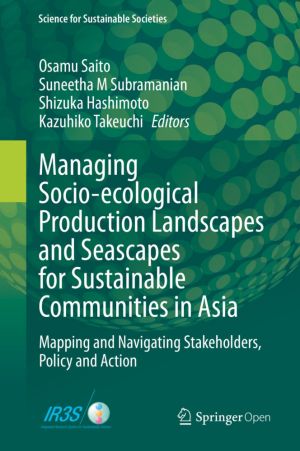
This free book presents up-to-date analyses of community-based approaches to sustainable resource management of SEPLS (socio-ecological production landscapes and seascapes) in areas where a harmonious relationship between the natural environment and the people who inhabit it is essential to ensure community and environmental well-being as well as t...
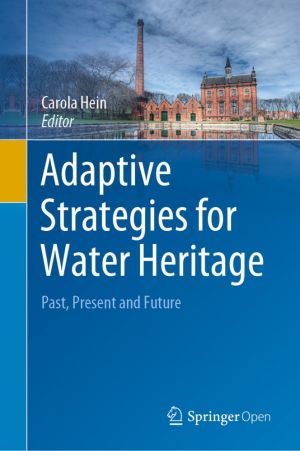
This book, building on research initiated by scholars from the Leiden-Delft-Erasmus Centre for Global Heritage and Development (CHGD) and ICOMOS Netherlands, presents multidisciplinary research that connects water to heritage. Through twenty-one chapters it explores landscapes, cities, engineering structures and buildings from around the world. It ...
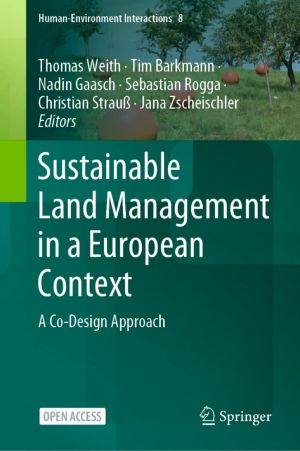
This open book present and discuss current issues and innovative solution approaches for land management in a European context. Manifold sustainability issues are closely interconnected with land use practices. Throughout the world, we face increasing conflict over the use of land as well as competition for land.
Drawing on experience in sustainab...
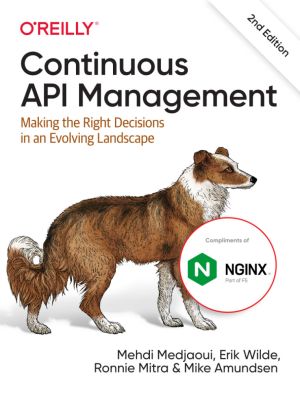
A lot of work is required to release an API, but the effort doesn't always pay off. Overplanning before an API matures is a wasted investment, while underplanning can lead to disaster. The second edition of this book provides maturity models for individual APIs and multi-API landscapes to help you invest the right human and company resources f...
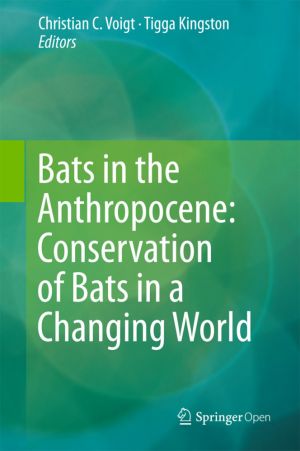
This book focuses on central themes related to the conservation of bats. It details their response to land-use change and management practices, intensified urbanization and roost disturbance and loss. Increasing interactions between humans and bats as a result of hunting, disease relationships, occupation of human dwellings, and conflict over fruit...
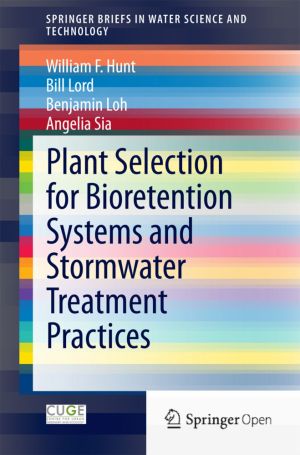
As cities develop, more land is converted into impervious surfaces, which do not allow water to infiltrate. Careful urban planning is needed to ensure that the hydrologic cycle and water quality of the catchment areas are not affected. There are techniques that can attenuate peak flow during rain events and reduce the amount of metals, nutrients, a...
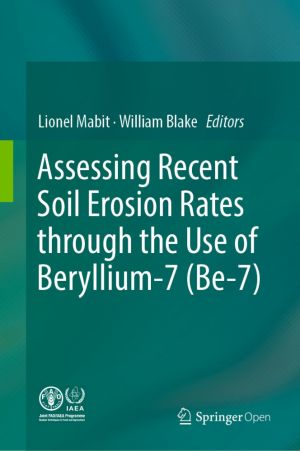
This book is the first comprehensive guideline for the beryllium-7 (Be-7) technique that can be applied to evaluate short-term patterns and budgets of soil redistribution in agricultural landscapes. While covering the fundamental and basic concepts of the approach, this book distinguishes itself from other publications by offering step-by-step inst...

Beginning with an overview of data and concepts developed in the EU-project HABIT-CHANGE, this book addresses the need for sharing knowledge and experience in the field of biodiversity conservation and climate change. There is an urgent need to build capacity in protected areas to monitor, assess, manage and report the effects of climate change and...
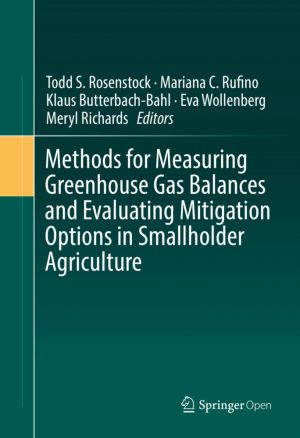
This book provides standards and guidelines for
quantifying greenhouse gas emissions and removals in smallholder agricultural systems
and comparing options for climate change mitigation based on emission
reductions and livelihood trade-offs. Globally, agriculture is directly
responsible for about 11% of annual greenhouse gas (GHG) emissions a...
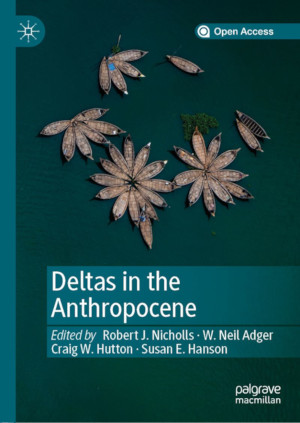
The Anthropocene is the human-dominated modern era that has accelerated social, environmental and climate change across the world in the last few decades. This book examines the challenges the Anthropocene presents to the sustainable management of deltas, both the many threats as well as the opportunities. In the world's deltas the Anthropocen...

This book utilizes new data to thoroughly analyze the main factors currently shaping the African housing market. Some of these factors include the supply and demand for housing finance, land tenure security issues, construction cost conundrum, infrastructure provision, and low-cost housing alternatives. Through detailed analysis, the authors invest...

This book offers both conceptual and empirical descriptions of how to "frame" sustainability challenges. It defines "framing" in the context of sustainability science as the process of identifying subjects, setting boundaries, and defining problems. The chapters are grouped into two sections: a conceptual section and a case sect...
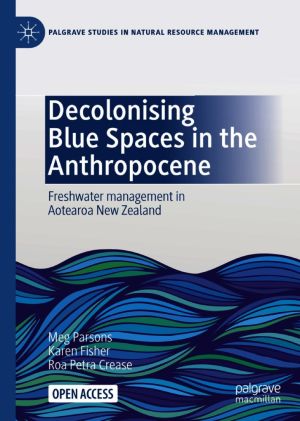
This open book crosses disciplinary boundaries to connect theories of environmental justice with Indigenous people's experiences of freshwater management and governance. It traces the history of one freshwater crisis - the degradation of Aotearoa New Zealand's Waipā River - to the settler-colonial acts of ecological dispossession resulti...

This open brief provides a systematic analysis of current trends and requirements in the areas of knowledge and competence in the context of the project "(A) Higher Education Digital (AHEAD) - International Horizon Scanning / Trend Analysis on Digital Higher Education." It examines the latest developments in learning theory, didactics, an...
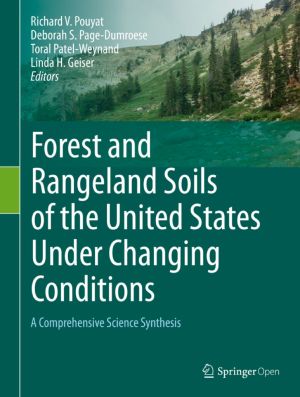
This open book synthesizes leading-edge science and management information about forest and rangeland soils of the United States. It offers ways to better understand changing conditions and their impacts on soils, and explores directions that positively affect the future of forest and rangeland soil health. This book outlines soil processes and ide...

In this edited open access book leading scholars from different disciplinary backgrounds wrestle with social science integration opportunities and challenges. This book explores the growing concern of how best to achieve effective integration of the social science disciplines as a means for furthering natural resource social science and environment...

Are you organising an international heritage project? Turning a so-called 'heritage revival' into a meaningful experience for the general public can be a challenge to historians, archaeologists, museum conservators and tourism professionals alike. This Companion to European Heritage Revivals offers inspiration and new ideas to those who w...
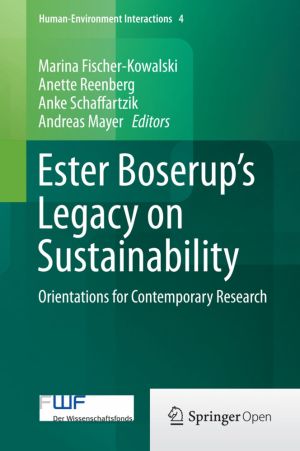
Arising from a scientific conference marking the 100th anniversary of her birth, this book honors the life and work of the social scientist and diplomat Ester Boserup, who blazed new trails in her interdisciplinary approach to development and sustainability. The contents are organized in three sections reflecting important focal points of Boserup&...

We are not free from environmental risks that accompany the development of human societies. Modern economic development has accelerated environmental pollution, caused loss of natural habitats, and modified landscapes. These environmental changes have impacted natural systems: water and heat circulation, nutrient cycling, and biodiversity. These ch...
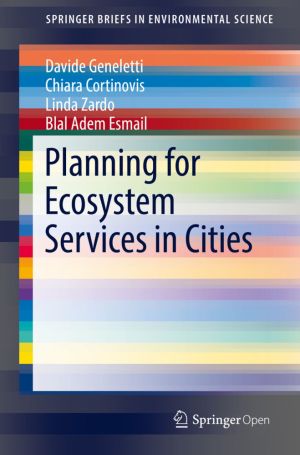
This book presents current knowledge about ecosystem services (ES) in urban planning, and discusses various urban ES topics such as spatial distribution of urban ecosystems, population distribution, and physical infrastructure properties. The book addresses all these issues by: i) investigating to what extent ecosystem services are currently includ...

This book explores the complex relationship between schooling as a set of practices embedded in educational institutions and their specific spatial dimensions from different disciplinary perspectives. It presents innovative empirical and conceptual research by international scholars from the fields of social geography, pedagogy, educational and soc...

This book presents detailed pathways to achieve 100% renewable energy by 2050, globally and across ten geographical regions. Based on state-of-the-art scenario modelling, it provides the vital missing link between renewable energy targets and the measures needed to achieve them. Bringing together the latest research in climate science, renewable en...
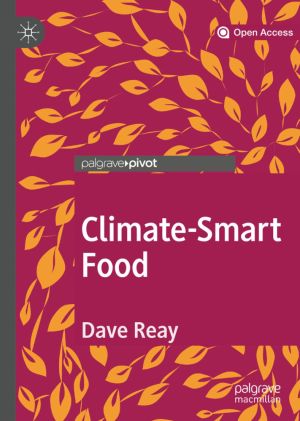
This book asks just how climate-smart our food really is. It follows an average day's worth of food and drink to see where it comes from, how far it travels, and the carbon price we all pay for it. From our breakfast tea and toast, through breaktime chocolate bar, to take-away supper, Dave Reay explores the weather extremes the world's fa...
